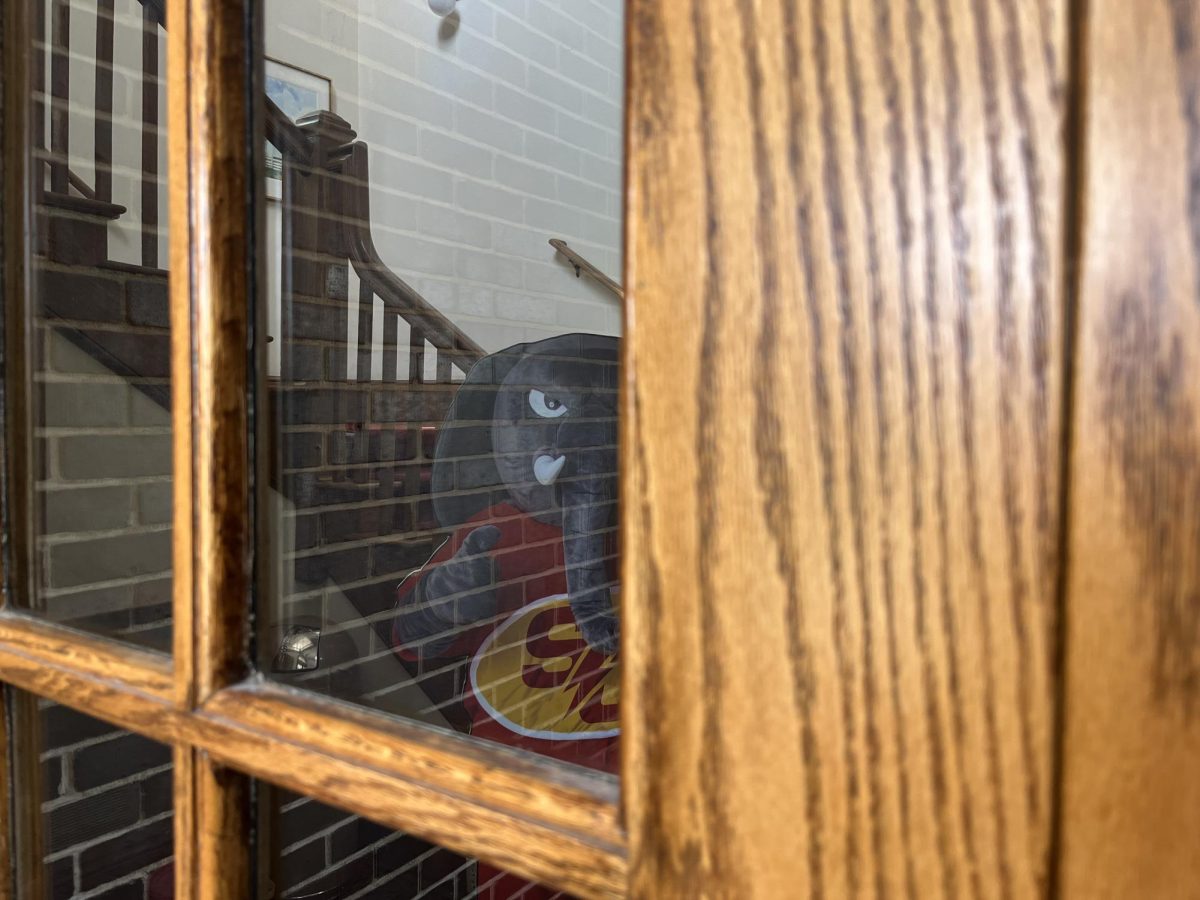Iowa Court of Appeals to hear 2 criminal cases at Simpson
October 5, 2017
INDIANOLA, Iowa — The court will be in session at Simpson College on Wednesday when the Iowa Court of Appeals hears two cases from Black Hawk County in the Kent Campus Center.
Both cases, State v. Flippo and State v. Ernst, are criminal cases, the former for possession of marijuana and the latter for first-degree murder. Not only will the audience hear the cases with the court, but the court will also take questions from the audience at the end.
“Both the Iowa Court of Appeals and the Iowa Supreme Court will hear arguments offsite because they want to engage the public,” Marilyn Mueller, professor of management, said. “They want to engage students in the judicial process.”
Mueller, along with the John C. Culver Public Policy Center and the Pre-Law Society, made arrangements for the hearings to take place on campus. But the event isn’t just for political science students or those planning on going to law school.
“The judicial system affects all of us,” Mueller said. “The decisions of the various courts impact our lives, so I think it’s very important for students to have a basic knowledge of how our system works, and to see it in action is very impactful.”
In the first case, State v. Flippo, Zachary Flippo appeals from his conviction for possession of marijuana, first offense, arguing his Fourth Amendment rights were violated when he was unlawfully detained to allow a dog sniff of a vehicle in which he was a passenger, which impermissibly prolonged the traffic stop.
The second case involves the conviction of a man who was charged with first-degree murder. James Ernst II appeals his conviction, claiming error in the trial court’s exclusion of evidence concerning a slideshow used to obtain his gun permit, in its instructions to the jury and in its award of attorney fees without knowing the amount of attorney fees.
Since the cases are being heard by an appellate court, the audience should not expect to see a jury present. Instead, the court of appeals typically decides cases with randomly selected panels of judges, which changes every three months.
Mueller said the decisions made on these cases won’t be made quickly.
It’s important, however, that citizens understand how the judicial system works beyond the textbook definition.
“This is a democracy, and one of the reasons our democracy works as well as it does is because we have a strong judicial branch,” Mueller said.
The hearing starts at 9 a.m. For more information about the Iowa Court of Appeals and the Iowa court system, go to http://www.iowacourts.gov/.







